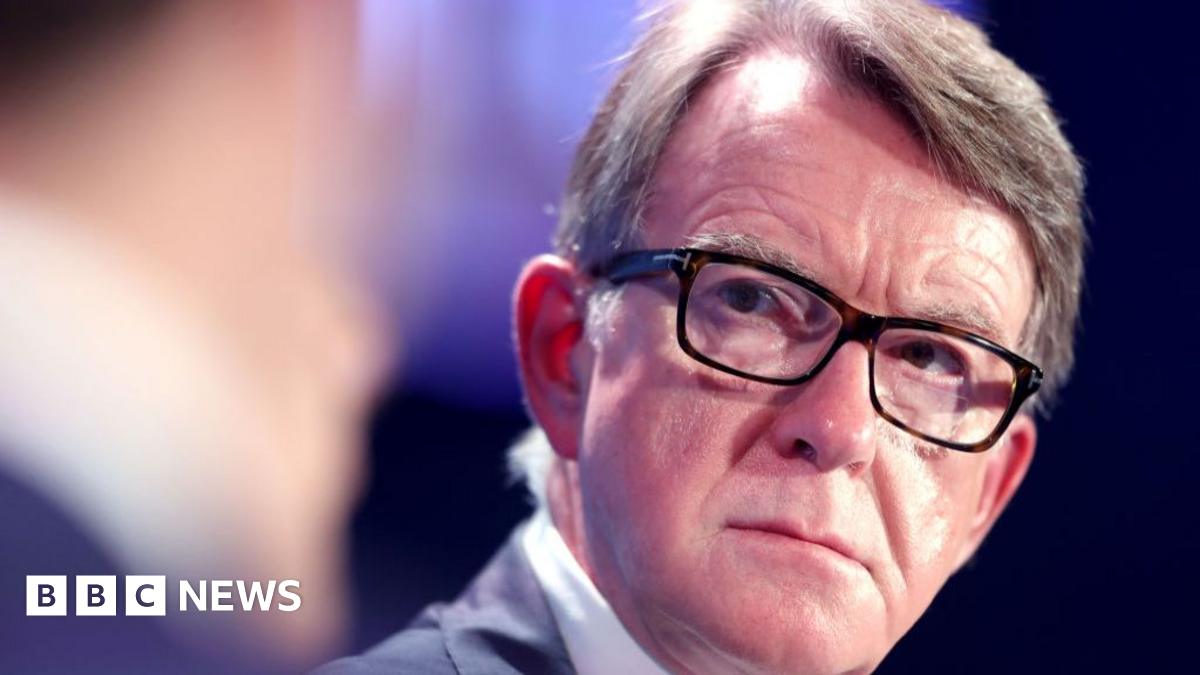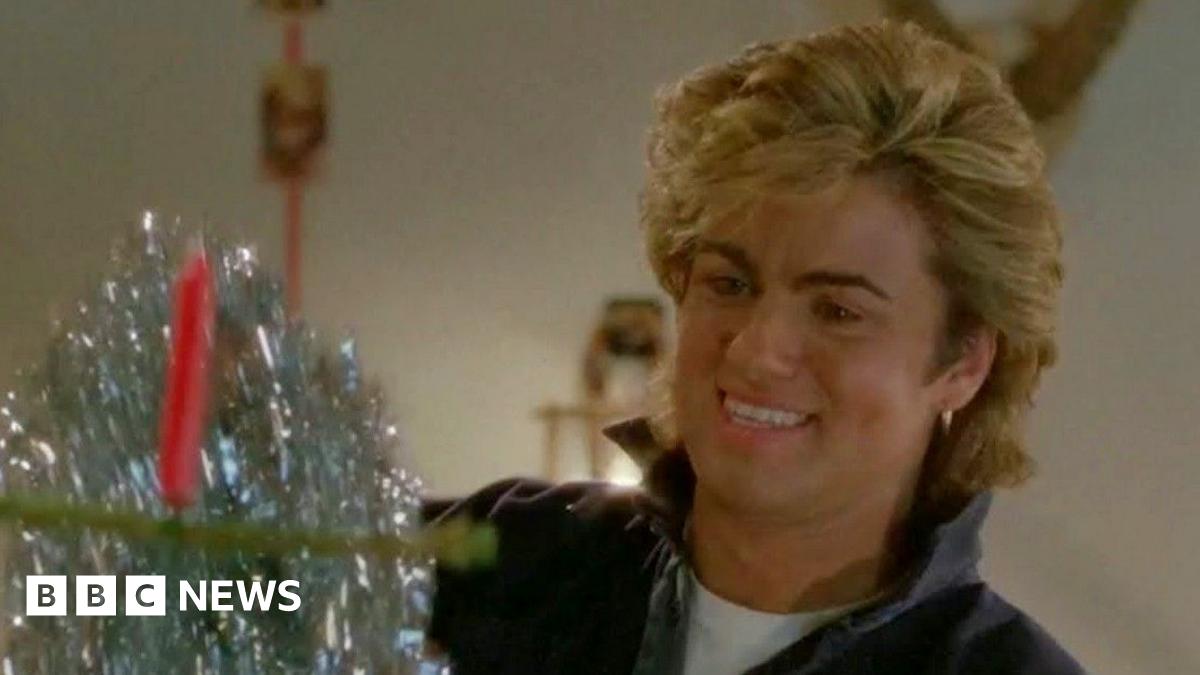World
Calls for more action as UK gender pay gap widens

Research has been released by the Fawcett Society
We’re being told the gender pay gap in the UK is getting worse.
This is from research for the Fawcett Society for Equal Pay Day – where on average – women effectively stop getting paid – and work for free for the rest of the year.
It’s two days earlier than 2023 – with the mean full-time gender pay gap standing at 11.3%.
It was 10.7% last year.
Jemima Olchawski, Chief Executive of the Fawcett Society, said:
“Equal Pay Day 2024 marks another painful reminder that gender pay inequality is not only persistent, but risks deepening. The gender pay gap now stands at 11.3%, meaning that, on average, women effectively stop being paid compared to men on November 20th, and will work for free for the rest of the year.
“Improvements in the in ONS’ data methodology shows that the situation could be worse than previously understood.”
“To truly achieve equality, we need a comprehensive, cross-departmental strategy that tackles the root causes of the gap, including the undervaluing of women’s work, a lack of affordable childcare, and the systemic barriers that prevent women, particularly mothers, from reaching their full potential in the workforce.
“If we are to see meaningful change, flexible work must be the default across all sectors, and discrimination in pay must be eradicated. The gender pay gap is not just an issue for women—it’s an issue for our entire economy. Until we address the inequalities that women face every day, we risk seeing this gap grow.”
An Office for Equality and Opportunity spokesperson said:
“This government is committed to breaking down barriers to opportunity and transforming the lives of working women.
“As part of the Employment Rights Bill, employers will be required to publish action plans alongside their figures to ensure they are taking steps to improve gender equality in their workplace, and narrow their gaps.”










